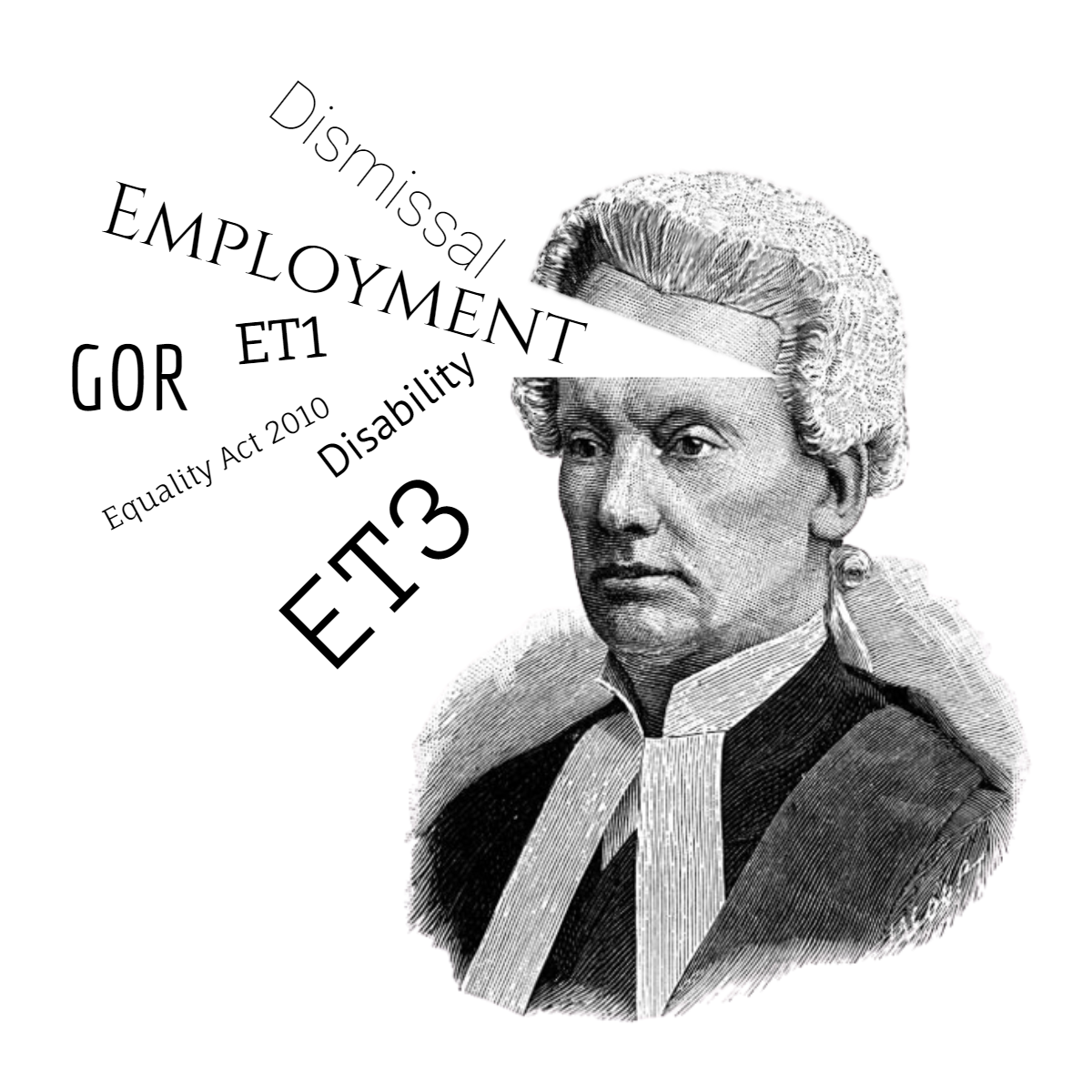Wrongful Dismissal
Wrongful Dismissal
A wrongful dismissal is a dismissal by the employer in breach of contract. To prove wrongful dismissal the employee must therefore establish that:
he/she has been dismissed; and
the employer breached the contract when dismissing.
The most common type of breach arises from an employer’s failure to provide any notice (or payment in lieu of notice) to the employee or providing inadequate notice (or PILON payment in lieu of notice) when dismissing. If an employer dismisses an employee in breach of the contractual (or statutory minimum, if greater) obligation to provide notice, and the employee has not committed an act of gross misconduct, then the dismissal will be wrongful. The claim can be brought in the Employment Tribunal or the County or High Court.
Remedies
The usual remedy for wrongful dismissal is damages. The purpose of wrongful dismissal damages is to place the employee in the position the employee would have been in had the breach not occurred. Therefore, where the breach arises from a failure to provide notice or adequate notice, the aim is to compensate the employee for the net loss of wages/salary and fringe benefits they would have earned had they served the appropriate notice. Wrongful dismissal damages can be assessed by using the following approach:
Identify the damages period (usually the notice period or shortfall in notice)
Identify (by reference to the contract) the net salary and benefits the employee was entitled to during the damages period and calculate the total they would have earned
Deduct any sums received over the damages period, such as earnings received from a new job
This will provide the net loss.
Bonuses
Wrongful dismissal claims may be substantial if there is a long notice period or if there is, for example, a contractually-required bonus which falls due during the notice period. Whether a bonus is contractual or genuinely discretionary can give rise to significant disputes especially when a senior executive’s contract has been terminated. See Clark v Nomura International Plc (2000) IRLR 766; and Horkulak v Cantor Fitzgerald International [2005] ICR 402.
Mitigation
The employee who intends to claim damages for their losses is under a general duty to take reasonable steps to mitigate (reduce) their losses once dismissed. This duty will be discharged by taking reasonable steps to find another job. If the employee has not made an effort to mitigate their losses, then a court/tribunal has the discretion to reduce their damages to reflect what might have happened had they done so (e.g. by not awarding any damages beyond a date when the court/employment tribunal considers the employee would, in view of their skills and the job market, have found a job had they been looking). If the employee does mitigate his loss, the following scenarios can arise:
the employee finds a job which pays as well as or better than the previous job – here the Court/Tribunal will find that the employee’s losses stop at the point at which he starts the new job;
the employee finds a new job which does not pay as well as the previous job – here the Court/Tribunal has the discretion to award damages covering such period as it thinks necessary to compensate the employee for the difference between the old and new salaries.
Accelerated receipt
Where the employee receives damages in one lump sum to compensate future loss over a long notice period he is effectively being put in a better position because he would have receive that money in monthly instalments had he served his whole notice period. Courts and tribunals have the discretion to apply a small percentage reduction (of around 1 to 2%) to account for the advanced payment of salary.
Wrongful dismissal v Unfair Dismissal
When wrongful and unfair dismissal is compared both claims arise out of a dismissal they are conceptually very different. Wrongful dismissal is a breach of contract claim whereas unfair dismissal is a statutory claim based on the statutory concept of fairness.
Employment Coach
Employment coaching service has been developed to provide individuals the ability to overcome their own workplace conflict or employment concerns, when they do not have want to pay a retainer to hire a solicitor. I provide an affordable alternative to expensive solicitor’s fees, and I am able to walk you through the steps of any procedure as well as provide the paperwork that you will want for your workplace dispute. The fees of solicitors are high and these legal costs you incur are not recoverable because costs are rarely awarded in employment tribunal. Getting access to good advice does not have to be expensive it should be straightforward and honest and will resolve your problem, normally with compensatory settlement.
Employment Adviser
I have 20 years of experience teaching law. Additionally, I have a lot of expertise in employment law and have helped individuals as well as companies. There have been a lot of profitable results, but more than that, I have had hundreds of cases that settled because the employer was unable to win. Why not have someone teach you employment law if you are experiencing issues at work? When you are facing problems at work, I can provide you helpful suggestions and guide you to a positive result. Employment matters where I advise, seldom go to final hearing at the employment tribunal, because the case has been argued correctly from the outset. Here are some examples where I can help you:
Help offered
I am facing discrimination at work
I am facing maternity discrimination
I am facing race discrimination
I am facing disability discrimination
I want to bring a tribunal claim
How do I prepare for a Preliminary Hearing?
How to prepare a list of issues
How to prepare a schedule of loss
What is asserting a statutory right?
Claim constructive dismissal
Is my Redundancy fair



